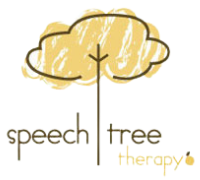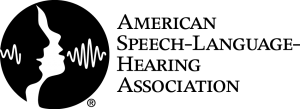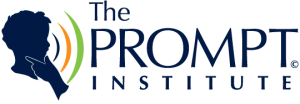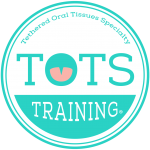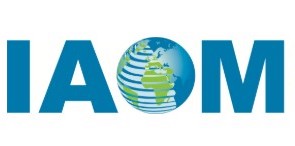
OMDs affect people of all ages
OMDs affect people of all ages
Children, teenagers, and adults may suffer from Orofacial Myofunctional Disorders. OMDs may interfere with normal growth and development of the muscles and bones of the face and mouth. OMDs may also interfere with how the muscles of the face and mouth are used for eating, talking, and breathing. People who have an OMD may also have problems with talking, swallowing, and breathing through their nose. Some children push out their tongue when they talk, drink, or eat. This is called tongue thrusting and it is one type of OMD.
Do you suffer from any of these?
People with myofunctional habits can identify many symptoms, but are often unable to tie it all together.
An Orofacial Myologist will help identify the concerns and educate the patient on why treatment is necessary.
The symptoms, or concerns, of the patient include but are not limited to the following:
Mouth Breathing
Orthodontic Relapse
Chronic Tension
Mood Disorders
Jaw Pain
Toxic Oral Habits
Tongue Thrust
Snoring
Chronic Headaches
Grinding
Swallowing Difficulty
Poor Posture
Sleep Apnea
Tongue-Tie
Speech Problems
Digestive Issues
Populations we serve
Each of our experienced team members have been trained to work with children
with a range of developmental and auditory challenges.
- ADD/ADHD
- Apraxia/Dyspraxia
- Articulation Delays and Disorders
Augmentative-Alternative Communication
- Autism Spectrum Disorders (ASD)
- Auditory Processing Disorders (APD)
- Cerebral Palsy
Down Syndrome
Executive Function Disorders
Feeding/Swallowing Disorders
- Hearing Impairments
Language Delays and Disorders
Oral Motor Dysfunction
Phonological Processing Disorders
Voice Disorders
